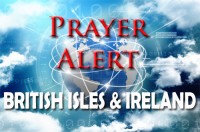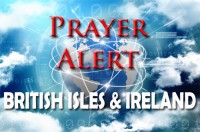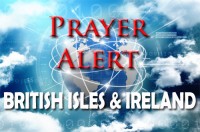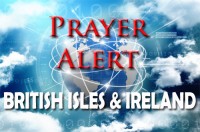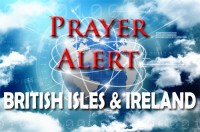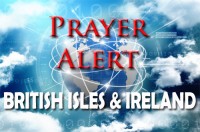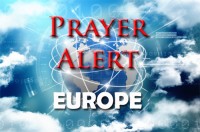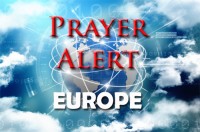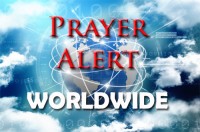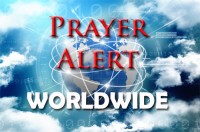Archbishop urges Christmas ‘ceasefire’ in Brexit dispute
Justin Welby called for a Christmas truce in the increasingly bitter Brexit row. He called for a ‘ceasefire’ on insults and personalised attacks as the process of leaving the EU continues. His intervention came after Dominic Grieve was accused of ‘treachery’ after the Government was defeated in a Brexit legislation vote. Conservative rebels have been subjected to intense criticism from newspapers as the EU Withdrawal Bill goes through the Commons. He said, ‘In Christmas 1914 there was a ceasefire. It would be very good to have a ceasefire from insult and the use of pejorative terms about people at this time. As a country, we have a future ahead of us, we have made a clear decision about Brexit. How we do it is a question for robust political argument, but personalised attacks have to be avoided.’ See also next article, ‘Spiritual Brexit battle’.
Spiritual Brexit battle
Theresa May, David Davis, and the negotiating team showed tenacity and skill to achieve breakthrough in the Brexit negotiations, despite derogatory comments by political opponents and anti-Brexiteers. This significant step recognised that Britain will leave the EU in 15 months’ time, with or without a trade agreement. Then on 13 December an amendment was thrown out, meaning an even more compressed timescale to pass secondary legislations to implement Brexit. The next day Shadow Brexit secretary Sir Keir Starmer demanded assurance that government will not overturn that decision. The battle goes on. But the God of Creation holds the nations in his hands. The Brexit battle is primarily a spiritual battle, and evidence of this has been seen as powerful personalities and media conspire to undermine this agreement. See also
Bishops in the House of Lords
Twenty-six C of E bishops have reserved seats in the House of Lords, with the right to debate and vote on changes to the law. Recently the Archbishop of Canterbury led a debate on education, in which three other bishops spoke about values, schools, early years, further education, and skills. Bishops also spoke in debates on the autumn budget, and in response to Government statements on Zimbabwe, the social mobility commission, and terrorism. They asked questions about social housing in rural areas, and rough sleeping. In the House of Commons the second church estates commissioner answered questions from MPs on her bill to enable mothers to have equal status on marriage certificates, and on religious minorities in Egypt. Our bishops’ words have an influence on Westminster, so pray for God's Spirit to fill each one of them and spill out in all that they say and do.
The Church and royalty
According to the National Secular Society, Prince Charles’s accession to the throne could trigger a national debate about the relationship between the Church of England and the state, providing an ‘opportune moment’ to make the case for disestablishment. Debate about whether an established, privileged ‘state church’ is appropriate in an increasingly multi-faith and secular society is seen by many as off-limits while the Queen remains monarch. But the society’s report says Charles’s coronation is likely to throw up pressing questions about the institutional links between church, monarchy and parliament, claiming that the disestablishment of the church is now necessary and inevitable. Only two countries in the world, Britain and Iran, have religious leaders in their legislatures by right. Pray for the continuation of a monarchy crowned and anointed by the Archbishop of Canterbury at Westminster Abbey.

